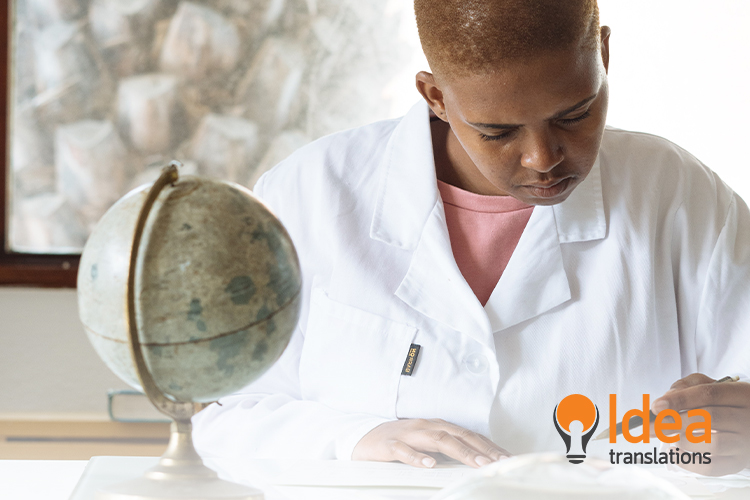
Can the quality and accuracy of medical translations save lives?
Besides being a powerful tool in helping multiple cultures communicate and breaking down geographic boundaries, translations play a key role in areas that have a major social impact, as is medicine.
Poorly translated clinical content can lead to death. No exaggeration intended. So, what’s the importance of professional language services in the medical field?
The Risks of Poor Translations
A recent study showed that, in medical settings, up to 8% of translation errors in hospital discharge instructions translated using Google Translate into Spanish and Chinese can potentially cause significant harm.
“The 100 sets of patient instructions analyzed contained 647 sentences. Generally speaking, Google Translate correctly translated 594 (92%) and 522 (81%) sentences into Spanish and Chinese, respectively. A minority of inaccurate translations had the potential to cause clinically significant harm: in Spanish, 15 (28%) out of 53 inaccuracies and 15 (2%) out of 647 sentences; in Chinese, 50 (40%) out of 125 inaccuracies and 50 (8%) out of 647 sentences,” said the researchers from the Department of Medicine at Zuckerberg San Francisco General Hospital, University of California.
There are currently over 19,777 medical interpreters employed in the United States.
Source: Zippia
Another study on the limited usefulness of translation driven by machine learning in patient-doctor communications yielded chilling results. Ten medical sentences were evaluated in 26 languages (8 Western European, 5 Eastern European, 11 Asian, and 2 African), yielding 260 translated sentences.
In this case, out of the total number of translations, 150 (57.7%) were correct, while 110 (42.3%) were the opposite. African languages scored the lowest (45% being correct), followed by Asian (46%), Eastern European (62%) and Western European (74%).
As indicated by experts, several major errors were detected: For example:
– In Swahili: “Your child is well” was translated as “Your child is dead.”
– In Polish: “Your husband has the opportunity to donate his organs” was translated as “Your husband can donate his tools.”
– In Marathi: “Your husband had a heart attack” was translated as “Your husband had an imprisonment of the heart.”
– In Bengali: “Your wife needs ventilation” was translated as “Your wife needs wind movement.”
“Google Translate only has 57.7% accuracy when used to translate medical phrases, and should not be relied upon for important communications in this regard. However, it continues to be the most readily available and free initial mode of communication between a doctor and patient when language is a barrier,” researchers pointed out in their findings.
They argue that, “even though caution is required and the risks should be carefully evaluated when legal or life‑saving communication is needed, if human translation services are not readily available, machine generated translations can be a useful complement.”
A Field That Demands Accuracy
Medical translation proves to be key in rendering healthcare services to foreign nationals or minorities. In turn, translators of these types of texts face a great deal of challenges, linked to specific terminology, content equivalence, and readability, among others. This language also includes a number of particular aspects, such as acronyms and abbreviations, false cognates, word composition, polysemy and synonymy.
The proportion of scientific articles in English in the total number of articles published is about 80%. Source: University of Gdansk
Similarly, this type of translation covers multiple subjects, such as pharmacology, emergency care, surgery, obstetrics, pediatrics, psychiatry, internal medicine, oncology, cardiology and other specialties, as well as other disciplines, such as law or administration. Field-experienced translators and interpreters are the ones who bring patients the right information.
More often than not, a person’s life depends on the accuracy of medical translations. Therefore, the responsibility and expertise of language professionals, as well as their constant updating of clinical knowledge, is essential in these types of translations.



